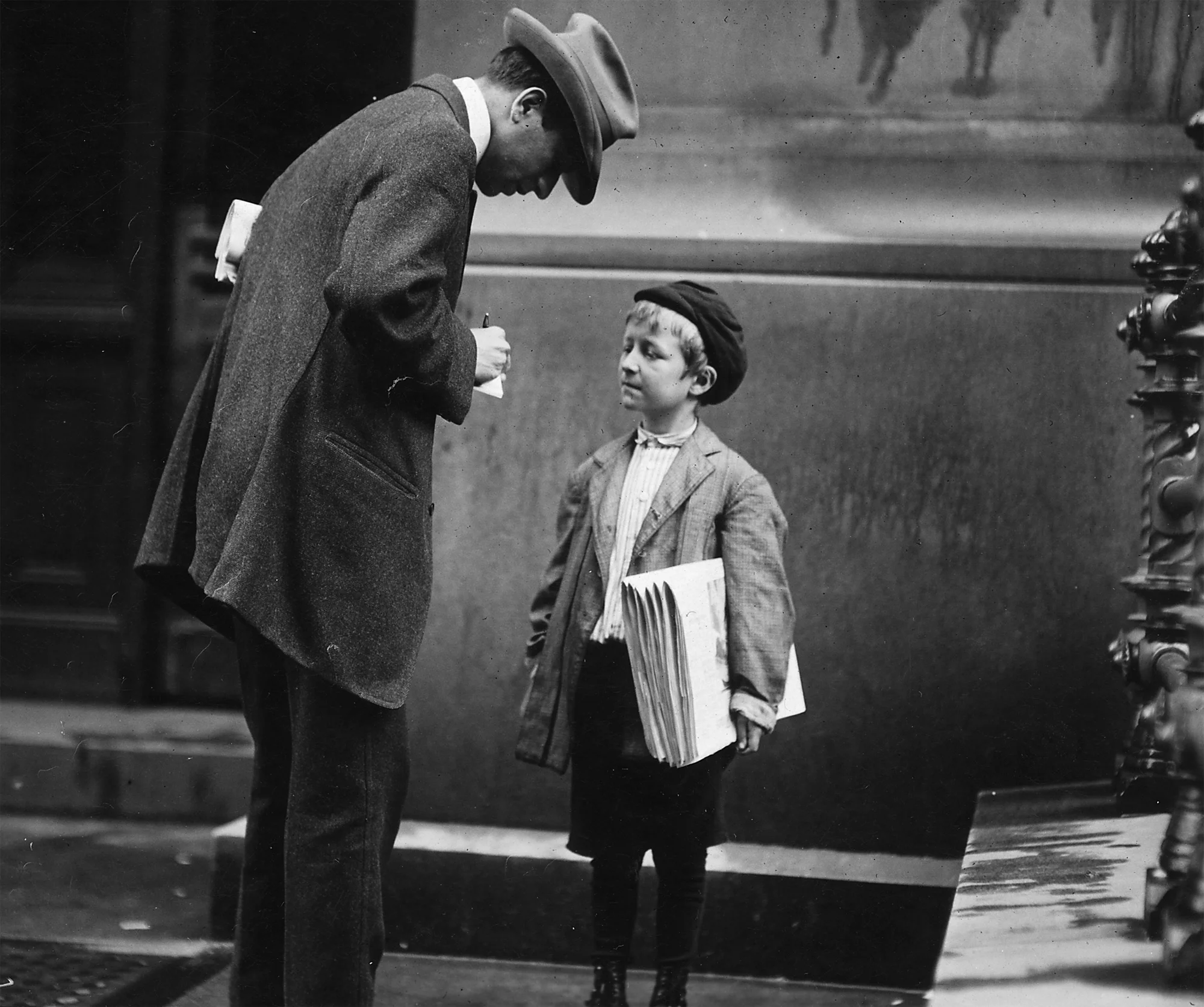A recent article published by Digiday stated how various subscription-based sports sites are successfully driving paying customers to their content. (https://digiday.com/media/subscription-sports-sites-scored-early-wins/). Feel free to indulge in the complete article but in summary - the success of subscription sports sites is primarily due to “local sports coverage, which attracts especially passionate, engaged readers”. That seems like a completely logical explanation for success. People are willing to pay for something that they are passionate about. The passion, most likely, originates from the connectedness to the content itself. Someone who grew up in Durham, NC or is Duke alumni, would qualify as a passionate, engaged reader for Duke related sports reporting and would be more apt to pay for related content. Conversely, a USC grad who was born and still lives on the west coast would be an unlikely candidate to pay a subscription to ‘Blue Devils News’.
"the success of subscription-based sports sites is encouraging for news publishers"
The concept of paid subscription on the digital side of news publishing is in experimentation mode but the success of subscription-based sports sites is encouraging for news publishers who are optimistic about creating new revenue to offset diminishing advertising dollars. Further, if sports sites are able to generate revenue dollars from subscriptions by targeting local and passionate readers it would make sense that news publishers would follow a similar strategy.
FLAWED
If sports sites are able to sell subscriptions to local and passionate readers newspapers should follow a similar model.
The landline rings. On the journey to find the hand set I begin making internal bets regarding which company will be soliciting me on the other end. It could be the infamous ‘duct cleaning’ service or it may be Canada Revenue imploring me to make a late payment penalty or something equally unbelievable. This time it is an agency representing a newspaper. Not the local newspaper which provides coverage of my municipality. I have never received a call from my local newspaper which is puzzling enough. It is the newspaper which operates in a major city located 100 km’s (65 miles) east of where I am answering the phone. When the pre-scripted orator provides an opportunity for me to interject I politely say ‘no, thanks’. The sales agent quickly scours their script for additional ammunition to combat my offer refusal. I allow the conversation to continue and unveil the kicker in this potential arrangement - I can get ‘world’ and ‘national’ news coverage, at no cost, literally everywhere. When the sales agent resumes with details regaling the local coverage that the paper offers I interject and remind them I am not local. I have a different area code, postal code, mayor, and member of parliament. There is no mention of my local teams, community events, business gatherings, or political challenges scattered throughout the pages they are asking me to pay for. Even the advertisements introduce businesses which do not service my market. This paper offers no familiarity. No connectedness. Nothing of interest.
"a subscription cost reduction so deep it completely devalues all of the highlights and benefits"
When all else fails the sales agent plays their trump card – a subscription cost reduction so deep it completely devalues all of the highlights and benefits which they had introduced throughout the entire pitch. What may be lost in the last gasp discount technique is that the price of the subscription, at least for me, was not a barrier to purchase. The barrier, as sports subscription sites have learned, was my lack of passion for the product. From a business standpoint the greatest concern is the effect that deep discounting will have on passionate readers who will or have paid a premium.
Yet this is not the first call I have received from the same agency representing the same newspaper. At this point the conversation is equally scripted among both parties. The article mentioned that retargeted ads was one of the tactics The Athletic used to generate new subscribers. This is a logical approach based on the fact that retargeted ads would be served to prospective subscribers who have already visited their website. In the example of the newspaper sales call the effort to remarket to a dead lead is certainly less logical and a waste of resources.
With that said, there must be some level of success for a newspaper to continually attempt to tap into a market which it does not serve. I am just not able to see why. If success requires reaching a local and passionate audience then I would equate as neither.


